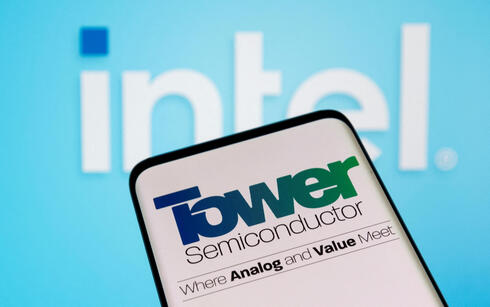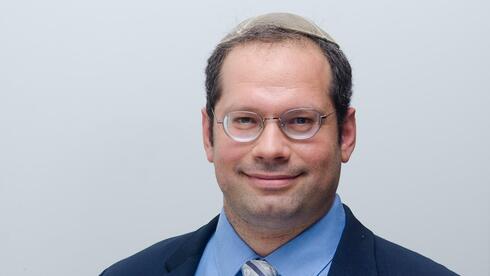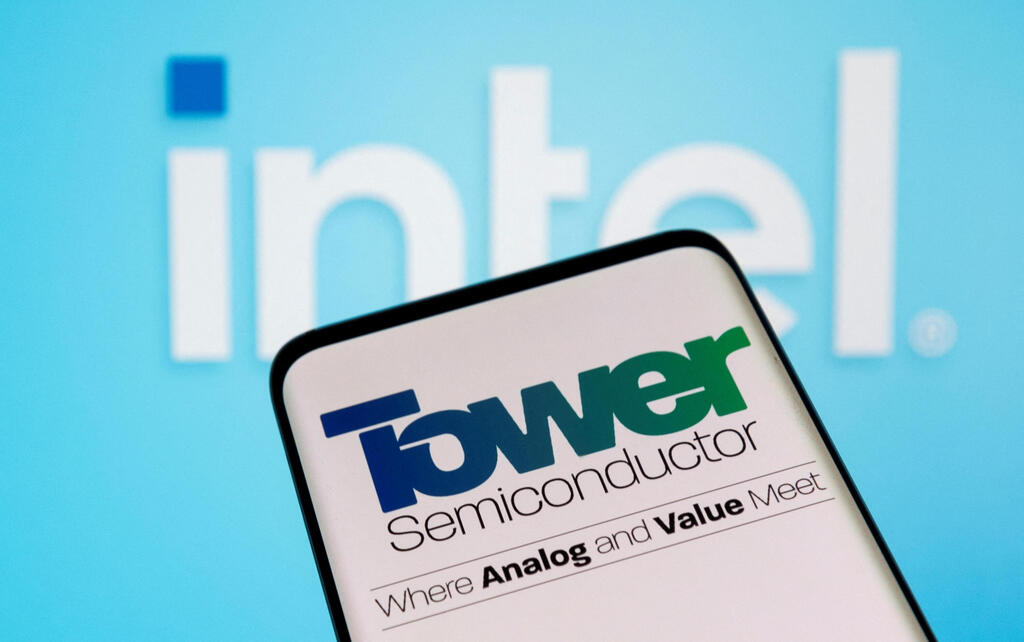
Intel abandoning $5.4 billion acquisition of Tower Semiconductor
Intel, which signed the deal to buy Tower in February 2022, did not secure approval from Chinese regulators for the acquisition of the Israeli company on time as required under the contract. Tower to receive $353 million break-up fee
Intel will drop its $5.4 billion deal to acquire Israeli contract chipmaker Tower Semiconductor once their contract expires later on Tuesday without regulatory approval from China, according to people familiar with the matter.
Intel, which signed the deal to buy Tower in February 2022, did not secure approval from Chinese regulators for the acquisition on time as required under the contract, Reuters sources said, requesting anonymity ahead of an official announcement.
The development underscores how tensions between the United States and China over issues including trade, intellectual property and the future of Taiwan are spilling over into corporate dealmaking, especially when it comes to technology companies.
Intel does not plan to negotiate an extension of the contract, and will instead pay Tower a $353 million break-up fee to walk away, the sources added.
It was unclear whether regulators would have approved the deal had the companies extended their contract and waited for the review's completion.
Intel and Tower declined to comment. Representatives for the State Administration for Market Regulation, China's antitrust regulator, could not be immediately reached for comment.
Last year, DuPont De Nemours scrapped its $5.2 billion deal to buy electronics materials maker Rogers after delays in securing approval from Chinese regulators.
Intel Chief Executive Pat Gelsinger had said he was trying to get the Tower deal approved by Chinese regulators and had visited the country as recently as last month to meet with government officials.
But Gelsinger also said Intel was investing in its foundry business, which makes chips for other companies, irrespective of the Tower deal.
In June, Israeli Prime Minister Benjamin Netanyahu announced that Intel had agreed to spend $25 billion on a new factory in Israel, the largest-ever international investment in the country.
Investors had given up hope on the Tower deal as a result. Tower's Nasdaq-listed shares ended trading at $33.78 on Tuesday, a steep discount to the $53 per share deal price.
In the second quarter, Intel's foundry business reported revenue of $232 million, up from $57 million a year earlier, as it made advances on rivals such as industry leader Taiwan Semiconductor Manufacturing.
The rise in foundry sales came from "advanced packaging," a process in which Intel can combine pieces of chips made by another company to create a more powerful chip.
Demand for Intel's chips has cooled after two years of strong growth driven by remote work during the pandemic, leading the chipmaker to turn to cost cuts. It has committed to trimming $3 billion in costs this year, with an aim of saving between $8 billion and $10 billion by the end of 2025.
“Israel has become Intel's second-largest operation after the U.S and we will continue to grow and expand here. I'll be very surprised if we don't do a few more acquisitions here. Intel acquired Mobileye, Habana, Cnveg, Screenovate, and now Tower. We love Israel,” Intel CEO Pat Gelsinger told Calcalist following the acquisition. “Regarding Tower, I still have a lot of work to do to complete the deal, like getting the regulatory approvals, but I expect Tower to become another path of growth for Intel. We have announced a major plan to establish a chip manufacturing plant for external customers and part of the reason for purchasing Tower is that Intel does not have such DNA and Tower has been doing so for years. We open ourselves to becoming a service provider for external customers who will design and manufacture our processors with us. Intel does not have such an arm today. We've talked about it a few times before, but we did not do it in a big way. I need to learn how to be a good service organization so that customers can use us to design processors. The second thing Tower brings is variety. Imagine you go to a Chinese restaurant and you see that there are only five items on the menu, you’d say to yourself 'this is not a real Chinese restaurant'. Well, Tower had a lot more choices on its menu."
In Intel's official announcement confirming the termination of the deal, Gelsinger said: “Our foundry efforts are critical to unlocking the full potential of IDM 2.0, and we continue to drive forward on all facets of our strategy. We are executing well on our roadmap to regain transistor performance and power performance leadership by 2025, building momentum with customers and the broader ecosystem and investing to deliver the geographically diverse and resilient manufacturing footprint the world needs. Our respect for Tower has only grown through this process, and we will continue to look for opportunities to work together in the future.”
Russell Ellwanger, Tower Semiconductor CEO, commented, "Tower was very excited to join Intel to enable Pat Gelsinger’s vision for Intel’s foundry business. We appreciate the efforts by all parties. During the past 18 months, we’ve made significant technological, operational, and business advancements. We are well positioned to continue to drive our strategic priorities and short-, mid- and long-term tactics with a continued focus on top and bottom-line growth."














